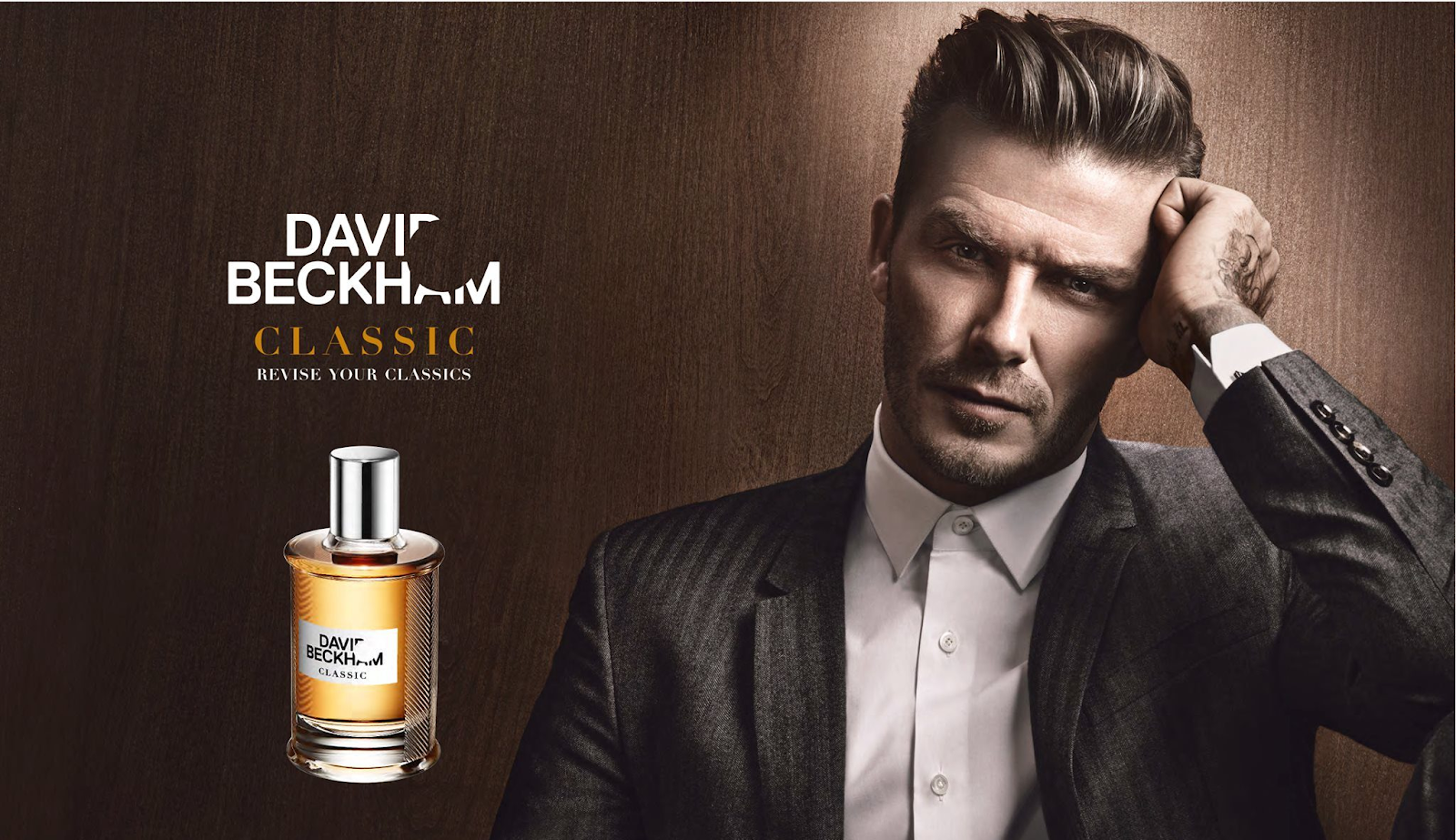Explore how celebrity endorsements influence brand success, shaping consumer perceptions, boosting sales, and building brand trust.
A special place is held for celebrity endorsements. In other words, this essentially means that brands often turn to famous personalities to promote their products and, consequently, know that influence from a celebrity can mean quite a lot on consumer behavior. But the question is, how do these endorsements work? What effect do they actually have on brands? Here, we’re going to study how celebrity endorsement works in building trust to augment sales for brands.
It builds trust and credibility for the brands
All of a sudden, when some famous celebrity endorses a brand, it can increase its credibility. Celebrities command a huge following wherein their followers trust them, so if the celebrity is going to support any product, then that credibility is passed on to the product as well. For example, if some professional athlete were to endorse a sports drink, their followers are likely to have an incentive to try out the product with the same expectation of improvements in performance that their hero perceives from the drink. This trust can give a brand an enormous edge, especially for those looking to establish a foothold in a competitive market.
Improving brand awareness
Celebrity endorsements can also drastically increase brand awareness. Celebrity endorsements often generate publicity and media attention. This increased publicity introduces the brand to a lot of people. For example, if Beyoncé, a superstar at an international level, supports a particular fashion line, it would most likely get attention not only from her fans but also from the media and the public. This sort of blanket exposure can prove to be very valuable to brands attempting to increase their presence in the marketplace.
Increase in Sales and Market Share
Probably the most direct effects of celebrity endorsements are in the area of sales. A hugely popular celebrity may cause a high volume of product sales, sometimes turning an unknown brand into a market leader. For example, when the actor George Clooney became the face of Nespresso, its sales increased phenomenally. The brand therefore reached out to consumers who were fans of Clooney. The advertisements also helped associate Nespresso with a premium brand for coffee. This increase in sales can also benefit a brand and result in more market share, allowing it to dominate its sector.
Formation of Consumer Perception
Celebrity endorsement is about using famous people to help people recognize the brand. A brand is mostly associated with the character, image, and values of an endorsed celebrity. For example, when a celebrity known for being elegant and sophisticated is seen driving a particular brand of luxury car, consumers start relating that brand of car to prestige and desirability. Indeed, in product categories like fashion, beauty, or luxury goods—where image means everything—such associations can be very compelling.
Celebrity endorsement risks
While celebrity endorsements can be very effective, they are not risk-free. For instance, when a celebrity becomes embroiled in a scandal or controversy, it may hurt the brand being promoted by the celebrity. For instance, should a celebrity who is formerly associated with advocating a family-oriented product get caught in a public scandal, it could damage that brand. Also, if it is perceived by the consumer as something unreal or overtly money-driven, it might boomerang and lead to negative credibility for the brand.
Long-Term Brand Loyalty
Beyond immediate sales and raising awareness, celebrity endorsements can also build long-term brand loyalty. When consumers see a continuous association between a brand and a celebrity they admire, that can strengthen their emotional connection to the brand. This loyalty can lead to repeat purchases and a higher lifetime value for the brand. For instance, long-term partnerships between celebrities and brands, such as Michael Jordan’s association with Nike, helped build lasting customer loyalty that continues to benefit the brand decades later.
Conclusion
They can establish trust and raise awareness to drive sales and the impression of consumers. The risks are also present, and success very often hinges on authenticity and brand-celebrity fit. If done correctly, celebrity endorsements build strong connections with their customers, building long-lasting brand loyalty and success.

